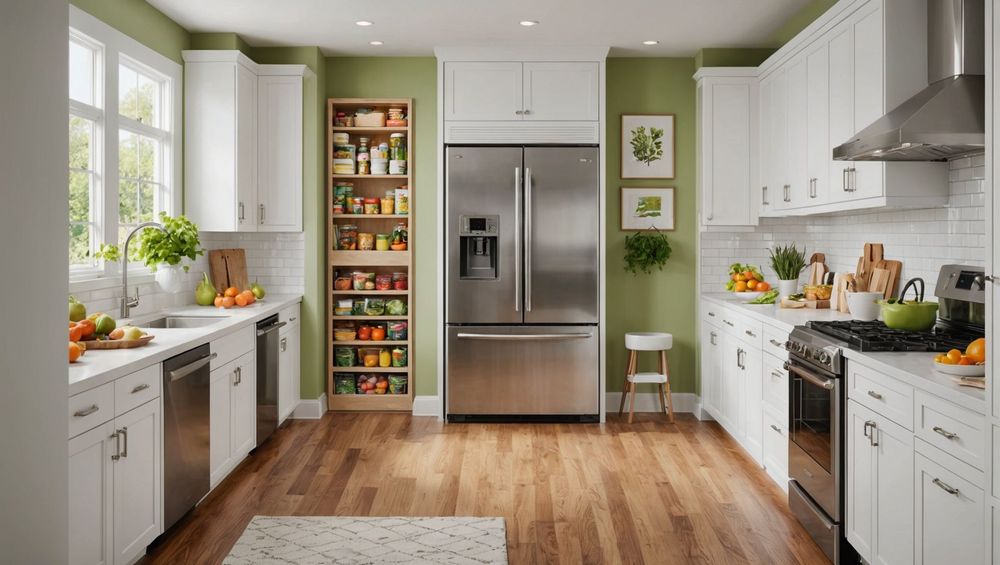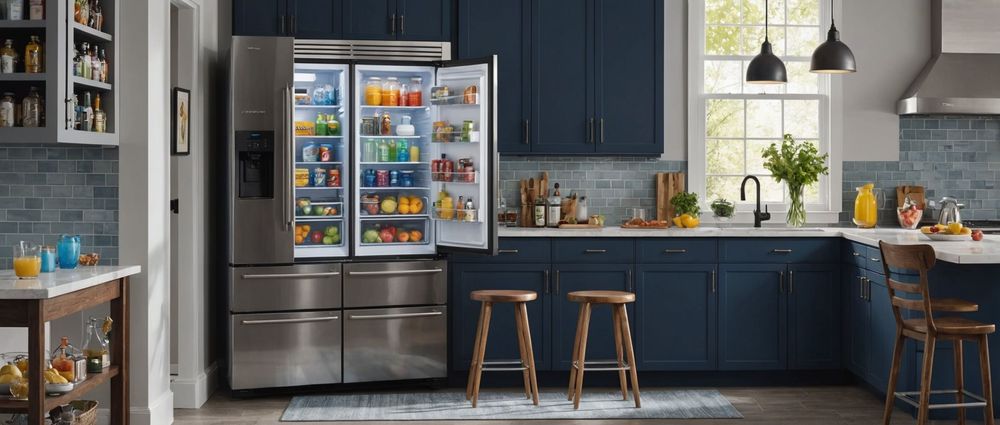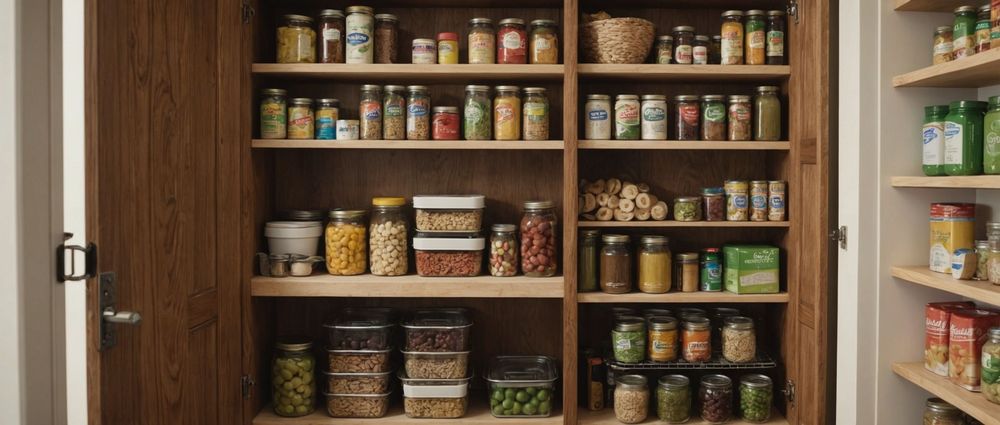Choosing the right refrigerator can significantly elevate your kitchen’s functionality and style. With numerous types on the market, it’s essential to understand their differences to select the best fit for your needs. Factors such as size, layout, cooling technology, and additional features play critical roles in your decision-making process. This article will dive into the various types of refrigerators available, helping you identify the one that aligns perfectly with your requirements and lifestyle. From traditional top freezers to modern French door models, we’ll explore the options together.
Understanding the Different Types of Refrigerators

The first step to selecting a refrigerator is to be aware of the available types. Each style has its unique features aimed at meeting different needs and preferences. Here are the primary types of refrigerators:
- Top Freezer Refrigerators: These are the most traditional models, characterized by the freezer compartment on top and the refrigerator below. They’re typically more economical and offer a good amount of storage for both frozen and fresh items.
- Bottom Freezer Refrigerators: As the name suggests, these models feature the freezer drawer at the bottom. This design provides easy access to fresh foods at eye level, making it ideal for those who utilize fresh ingredients more frequently.
- French Door Refrigerators: These stylish options boast double doors for the refrigerator section and a pull-out freezer drawer. They are perfect for larger families or those who need plenty of fresh storage space.
- Side-by-Side Refrigerators: With the refrigerator and freezer compartments placed next to each other, these models are convenient for organization and retrieval of items. They also often come with features like water and ice dispensers.
- Compact Refrigerators: Perfect for small spaces like dorm rooms or offices, compact models provide essential refrigeration without taking up much space.
Considerations for Choosing the Right Refrigerator

When selecting a refrigerator, several considerations can help narrow down your options. Here’s a breakdown of key factors to think about:
- Size: Measure the space where the refrigerator will sit to ensure a proper fit. Don’t forget to measure doorways and hallways for access!
- Capacity: Choose a refrigerator based on your household size. A general guideline is 4 to 6 cubic feet per person.
- Energy Efficiency: Opt for models with an Energy Star rating to save on energy bills and reduce your carbon footprint.
- Features: Look for additional features like smart technology, adjustable shelves, temperature control, ice makers, and more.
- Style and Aesthetics: The design of the refrigerator should complement the rest of your kitchen. Choose between finishes like stainless steel, black, or white.
Understanding Cooling Technologies
Not all refrigerators use the same cooling technology, and understanding these differences can help in your decision. Here are some popular cooling technologies:
- Conventional Cooling: This is the most common method, using a compressor to cool the air inside when necessary.
- Frost-Free/No-Frost Cooling: These systems use fans to circulate air, preventing frost build-up in the freezer and helping maintain a stable temperature throughout.
- Dual Temperature Control: Found in high-end models, this technology provides separate temperature settings for the refrigerator and freezer compartments, optimizing food preservation.
- Smart Cooling: Advanced refrigerators can monitor internal temperatures and humidity, adjust as needed, and send alerts to your smartphone if problems arise.
Conclusion
Choosing the right refrigerator is a vital step in ensuring your kitchen meets your cooking and storage needs. Consider the type, size, and features that matter most to you while also keeping an eye on energy efficiency and aesthetic appeal. By understanding the various types of refrigerators and their functional differences, you can make an informed choice that enhances your culinary experience. Ultimately, the right refrigerator should reflect your lifestyle, preferences, and family’s requirements.
FAQs
1. What is the average lifespan of a refrigerator?
The average lifespan of a refrigerator is typically around 10 to 20 years, depending on the brand and how well it is maintained.
2. How do I maintain my refrigerator for longevity?
Regular maintenance involves cleaning the condenser coils, checking door seals, and ensuring the refrigerator is leveled. Keeping it organized can also help airflow and efficiency.
3. Are French door refrigerators more energy-efficient than side-by-side models?
Generally, French door models are more energy-efficient than side-by-side models due to better insulation and temperature management systems.
4. What features should I consider in a compact refrigerator?
When choosing a compact refrigerator, consider capacity, adjustable shelves, energy efficiency, and whether it has separate freezer space or just an icebox.
5. Can I install my refrigerator in a garage?
Many refrigerators aren’t designed for extreme temperatures, but some models are rated for garage use. Always check the manufacturer’s specifications before installation.









